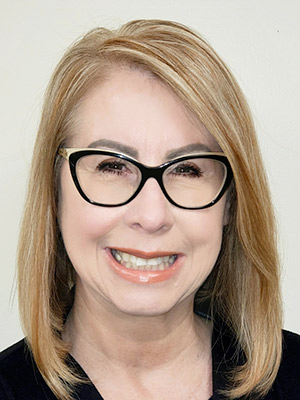 By Lisa Guzman, Chief Human Resources Officer
By Lisa Guzman, Chief Human Resources Officer
Across Pipeline Health, our employees are dedicated to the diverse communities we serve with safe, quality care. Our patients represent a variety of ethnicities and speak several different languages.
Our workforce is also culturally diverse.
For those two reasons, cultural competence is a key ingredient in our recipes for positive patient experience and effective workplace interactions.
So, what is cultural competence?
Cultural competence is the ability of a person to effectively interact, work and develop meaningful relationships with people of various cultural backgrounds and lifestyles. To accomplish that, we need to employ active listening, empathy and engagement.
A culturally competent healthcare professional or organization takes into account all aspects of an individual to achieve cultural competence. Respect is at the heart of cultural competence.
Our diverse Pipeline workforce represents a variety of countries, religions and lifestyles that reflect our patient population, allowing us to make personal connections that enhance the patient experience.
With the daily demands in healthcare, however, there also could be opportunity for misunderstanding and conflict. Cultural differences can worsen the potential for misunderstanding, and that can detract from positive experiences for our patients and our employees.
For those who work in a healthcare environment, sensitivity, compassion, patience, understanding and acceptance of patients and co-workers with different beliefs, values and behaviors are essential qualities.
Research shows that patients who feel heard and understood by their healthcare providers are more likely to participate in preventive healthcare and less likely to miss their health-related appointments. In fact, they become more engaged in their overall healthcare.
At Pipeline, we value and respect the contributions that individuals and groups from different cultures bring to our organization. That means that each of us is called upon to work through any cultural differences – with our patients and with each other — to achieve an inclusive outcome and achievement of our organizational goals.
4.3.2024
